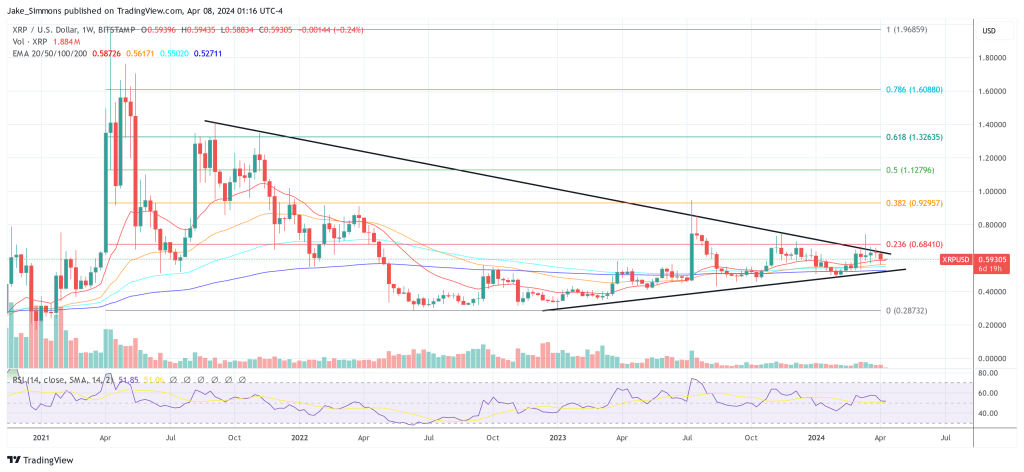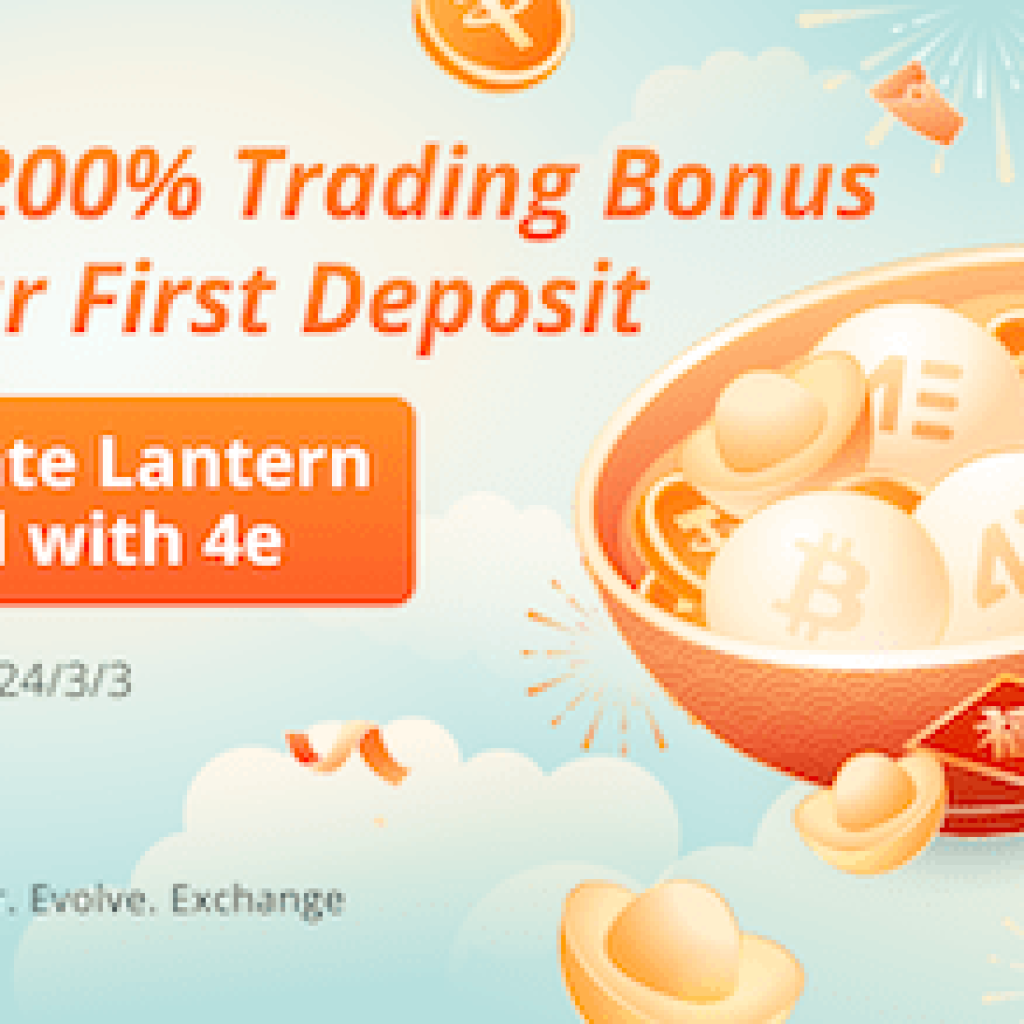In an effort to dispel fears, uncertainties, and doubts (FUD) that have permeated the XRP community and the broader crypto market, lawyer Bill Morgan, recently provided comprehensive insights into the legal standing of XRP. Morgan’s comments came in the wake of various court decisions that have cast a shadow over the crypto industry, with significant rulings against entities like Coinbase and Terraform Labs drawing particular attention.
Dissecting The XRP FUD
Morgan delineates three primary narratives of FUD that have persistently troubled the community:
- The allegation that Ripple’s distribution of XRP has suppressed the token’s price.
- The question of XRP’s legal clarity post-Judge Torres’ ruling.
- Concerns over the proposed stablecoin potentially diluting demand for XRP.
Focusing specifically on the second point, Morgan argues against the notion that XRP lacks legal clarity. “Despite the court’s clear finding that XRP itself is not a security, some continue to wrongly assert that certain sales could render the token a security,” Morgan states, emphasizing the absence of legal precedent for such an argument.
Morgan specifically addresses the confusion stemming from recent judicial decisions. He contrasts the SEC’s allegations against Coinbase and Solana with the case against Ripple, suggesting that misconceptions have arisen from the broader community’s misinterpretation of these separate legal proceedings.
“The misunderstanding lies in conflating the nuances of different cases,” Morgan elucidates. He meticulously rebuts the assertion that Judge Failla’s decision against Coinbase has implications for XRP’s status. Morgan highlights a critical quote from Judge Failla, emphasizing the importance of the context in which crypto-assets are sold and marketed: “Courts should look to what the offeror invites investors to reasonably understand and expect.”
This point underlines a significant distinction Morgan draws between the promotional strategies employed by Ripple compared to those scrutinized in other cases. “Ripple’s marketing efforts were notably more reserved, aimed at institutional buyers rather than the retail market,” Morgan observes.
This, according to him, was a pivotal factor in Judge Torres’ decision, which found that the expectation of profits from others’ efforts, a key criterion of the Howey test, did not apply to Ripple’s programmatic sales of XRP.
Unique Legal GroundsMorgan further dissects the legal landscape, noting that each case in the crypto space hinges on its particular facts and circumstances. “The Ripple case, and indeed the legal clarity of XRP, stands on its own merits, distinct from the SEC’s actions against other entities,” Morgan asserts. He firmly reiterates that the SEC has not contested Judge Torres’ ruling regarding XRP, which effectively negates the basis for any residual uncertainty about the classification.
Moreover, Morgan quotes directly from the legal proceedings to underscore the specificity of the Ripple case: “The SEC’s inability to demonstrate that Ripple promoted XRP to retail purchasers is a testament to the unique circumstances underpinning the case. This is not merely opinion; it’s a matter of legal fact.”
Morgan concludes his detailed commentary with a call to the community and the broader crypto industry to recognize the distinctiveness of each legal case within the sector. “To conflate the Ripple case with others is to misunderstand the legal landscape in which we operate,” he states, urging for a more nuanced understanding of regulatory actions against crypto assets.
“Legal clarity for XRP has been established, irrespective of ongoing or future cases against other tokens or entities. It’s time to move beyond the FUD and focus on the path ahead,” Morgan advises.
At press time, XRP traded at $0.59.







